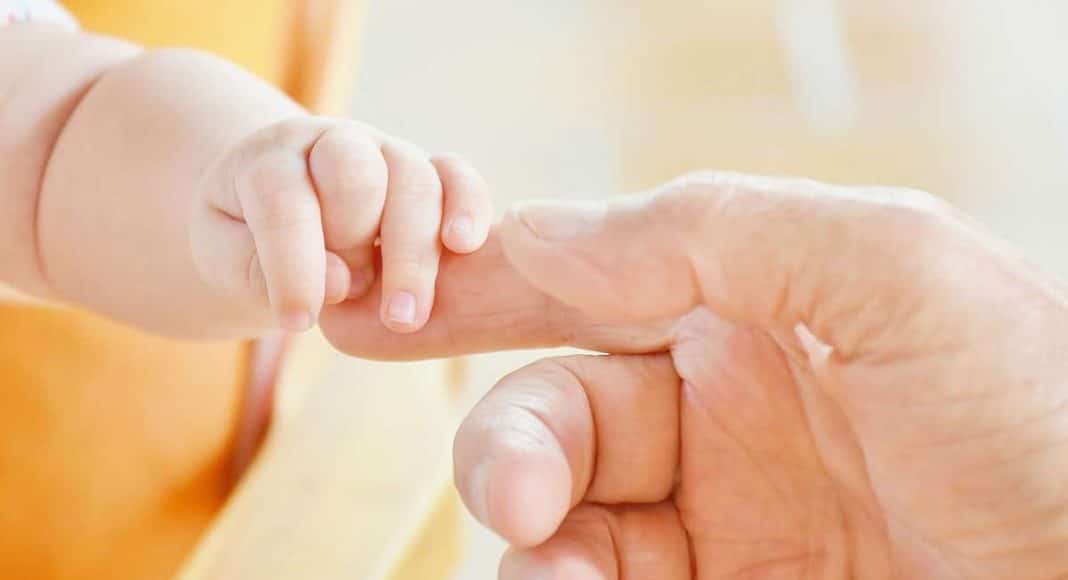In Arizona right now, there are 18,000 children in the foster care system and a dire need for capable, loving parents to step up and care for these kids. But if an Arizona adult is a medical marijuana patient, he or she is not wanted.
According to a story in the Phoenix New Times, the Arizona Department of Child Service has had an anti-marijuana policy in place since 2011 that bans it from issuing foster-care licenses to anyone who uses or possesses marijuana. While the DCA doesn’t specifically ban foster-care parents who have state-issued medical-marijuana cards, they draw the line when it comes to those who use or possess medical marijuana or its extracts.
The Arizona Children’s Association says there is a “critical need” for more foster parents. But loving adults who consume cannabis as a medical treatment need not apply.
-
Related Story: 5 Ways Smoking Marijuana Can Make You A Better Parent
In other states where cannabis is legal for use, medicinal or otherwise, there is no statewide prohibition on cannabis consumers from becoming foster-care parents. According to the Phoenix New Times, California, Oregon, and Colorado, for example, all allow foster-care licensing for cannabis consumers who are otherwise qualified. California likens cannabis to alcohol when it comes to foster parents, said Michael Weston, spokesman for the state’s Department of Social Services.
The New Times report focused on Phoenix attorney Rebecca Masterson, who explained that she took in a foster child who is dealing with “anger issues” two weeks ago, only to be later rejected because she purchases a product that contains CBD, a non-psychoactive compound found in cannabis. According to Masterson, she bumped up against the rule when she applied for a stipend from the state to help with the expenses of taking on a child.
“The stipend would be helpful as my grocery bill has doubled and the teenager came with four garbage bags of clothes, three of which were too small,” Masterson wrote on her blog. “What I don’t need would go into an account for Johnny to use when he’s older.”
Masterson was denied a license and the stipend even after she explained that the supplement is for her own 12-year-old son as a “last-ditch attempt to control what she described in her blog as [his] ‘tics.’ ”
According to Masterson, “the State basically said ‘sorry, you crazy lawyer with an adopted son and all this special needs and attachment experience, even though you’re the only person willing to open your home to this 16-year-old boy in the system, and even though he is already living in your home, we don’t think you’re suitable to be a licensed foster parent because you buy a supplement online that really helps your child. No license for you.’ ”


